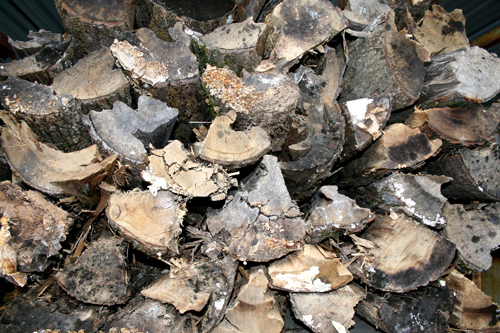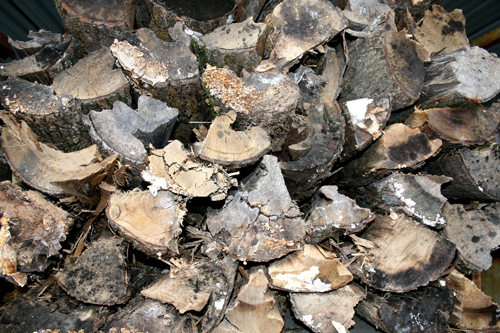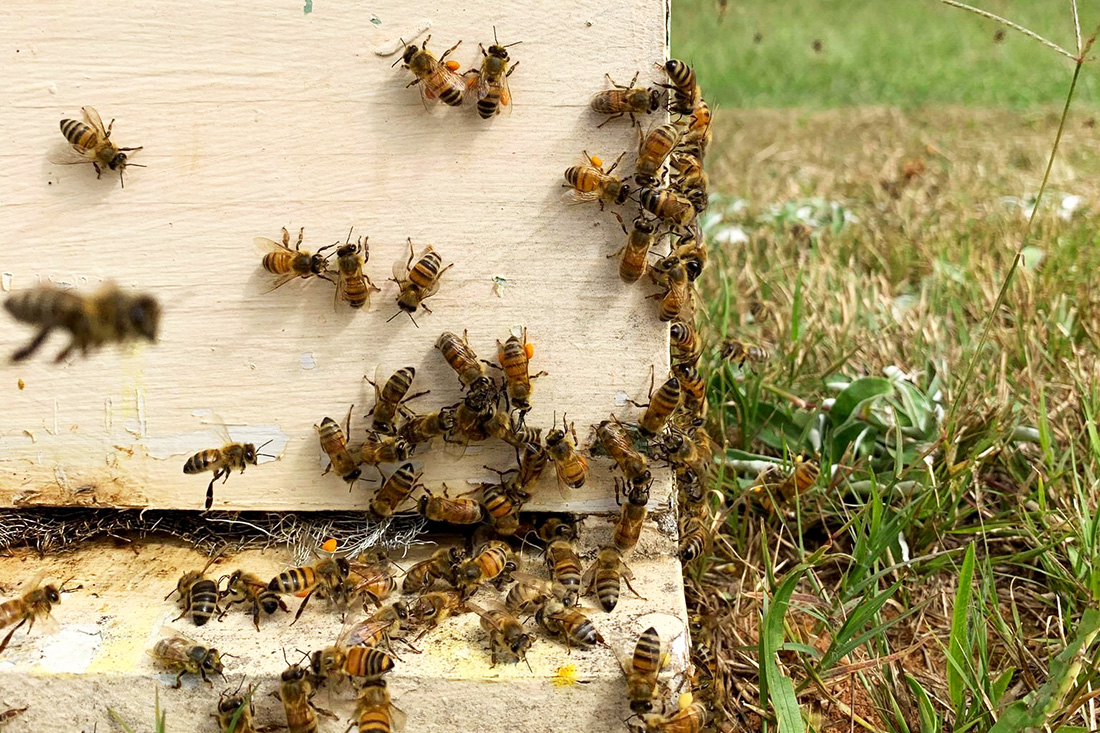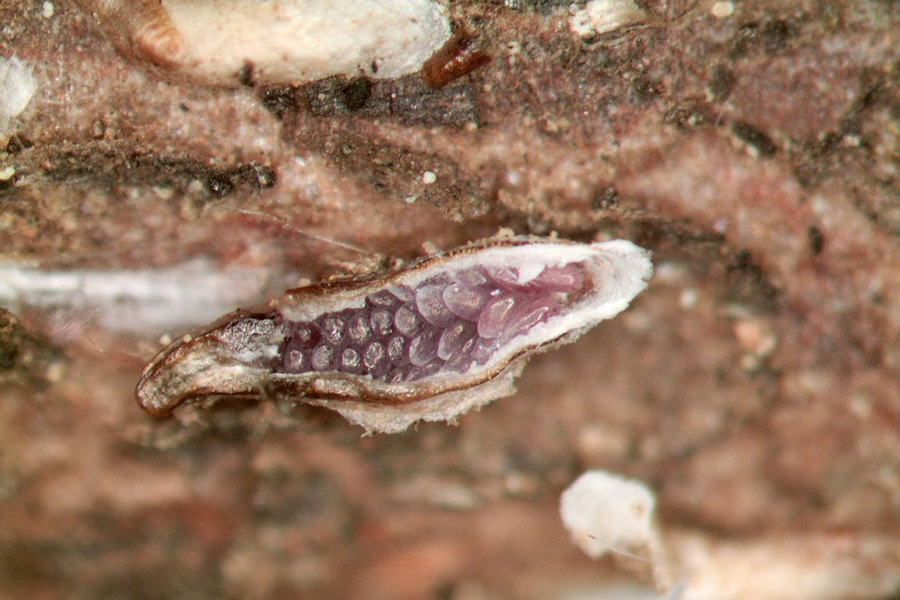As outdoor enthusiasts start making their pack lists for spring camping trips, it’s a good time to think about what shouldn’t be taken on camping ventures: invasive species.
Georgia and the southeastern United States are home to many invasive species, which threaten the region’s crops, waterways and forests.
Often forest pests infect a new stand of trees by hitching a ride on unsuspecting campers’ firewood, said Joe LaForest, a forest health specialist with the University of Georgia Center for Invasive Species and Ecosystem Health.
While it may be tempting to use the rest of that winter wood pile on camping trips, you run the risk of destroying your favorite camping spot by transporting potentially devastating insects from your neighborhood into a national forest or park.
“Firewood is one of the main conduits for wood beetles and for other invasive insects,” LaForest said. “You really don’t want to be moving wood at all. Some people are saying, ‘Oh well, I can take it to my friend’s house so we can build a fire there,’ but you never know what you’re moving around.”
Moving wood down the street or a few blocks isn’t as big of a problem, but wood shouldn’t be moved more than 10 miles. Most campgrounds and national parks sell firewood that’s been harvested in that area, and that’s the safest bet for keeping forests safe.
“It is really hard to convince people not to do it,” LaForest said. “But it’s really a risk you don’t want to take. Even if you burn all of the wood you bring, if you were camping for two days you don’t know if something crawled out of that wood.”
If you have wood leftover from your camping trip, it’s better to leave it there for the next camper than to bring it home — possibly infecting the trees around your home.
Some of the pests that are more worrisome to Georgia foresters now are the emerald ash borer, which is as close as Tennessee. It destroys all native ash trees. The walnut twig beetle, which is also in Tennessee, causes thousand cankers disease and slowly kills black walnut trees.
Georgia plays hosts to the redbay ambrosia beetle, which causes laurel wilt. It can also cut down important crop trees like avocado, an important crop in neighboring states like Florida.
Those looking for more information about the specific pests that can be transported on firewood can check www.gatrees.org/forest-management/forest-health/dont-move-firewood.
Some ways to protect the ecosystem of Georgia and our neighboring states from invasive species include:
- Clean hiking boots, waders, boats and trailers and off-road equipment after use to prevent invasive insects and plants from hitchhiking.
- Remove invasive plants from your land.
- Don’t dump live bait into streams, lakes or the ocean.
- Don’t dump aquarium fish or other pets into the wild.
- Learn what invasive species are in your area.
- Report new invasive species.
For more information about invasive species, campers should download the center’s Bugwood app series for Android and Apple phones and tablets at apps.bugwood.org.
One app, Firewood Buddy, details the types of pest that can be transported in firewood and offers fire-building tips and recipes. Another, What’s Invasive?, provides a layperson’s identification guide to invasive insects and plants.
Other ways to stop invasive species are available at www.invasives.org.





